Virginia Apgar: The Baby Saver – An Audio Bedtime Story
🎧 Audio Story of Virginia Apgar ✨
Virginia Apgar: The Doctor Who Saved Babies’ Lives
👧 A Curious Girl with Big Dreams
Hi, I’m Virginia Apgar, and I want to tell you my story! I wasn’t born famous or known around the world—I was just a curious girl growing up in New Jersey in the early 1900s. I loved climbing trees, playing the violin, and especially spending time with my brothers.
But more than anything, I asked questions—lots of them!
Why do people get sick?
Can doctors always save lives?
What happens to babies right after they’re born?
Even as a child, I wanted to do something important. I didn’t know it yet, but one day, I would create something called the Apgar Score, a simple idea that would help save millions of newborns around the world.
🚌 A Journey Toward Becoming a Doctor
I worked hard in school because I wanted to help people. Back then, not many women became doctors. Some people told me that I shouldn’t even try.
But I didn’t let that stop me.
I went to Mount Holyoke College and then to Columbia University’s College of Physicians and Surgeons, where I became a doctor in 1933. I was so excited to start helping people. My first dream was to be a surgeon, but something unexpected happened.
As a woman, it was very hard to be taken seriously in surgery at the time. My mentors encouraged me to consider a different field. So I made a big decision—I chose anesthesiology, the study of how to help people feel no pain during surgery, and how to care for them safely before, during, and after operations.
Can you imagine learning all of that while people still didn’t think women could do it?
🧠 A Big Problem in Newborn Care
While working in hospitals, I noticed something that made me worry. Sometimes, babies were born healthy, but just minutes later, they were in danger.
No one had a good way to quickly check how the baby was doing in the first few moments of life. Doctors and nurses didn’t know when they needed to act fast—or when it was okay to wait.
I started asking myself:
What if I created a way to check a baby’s health right after birth?
Could I help doctors make quicker decisions?
Could I help save lives?
I couldn’t stop thinking about it. I began studying hundreds of babies and paying close attention to their heartbeat, breathing, muscle tone, reflexes, and skin color—five simple signs that tell a lot about a baby’s health.
🔬 Creating The Apgar Score
Then one day, I put all those ideas together and created something brand new: the Apgar Score!
It was simple—but powerful.
Here’s how it worked:
- Each baby is checked 1 minute after birth, and again at 5 minutes.
- The score looks at five things: heart rate, breathing, activity, response to touch, and skin color.
- Each part gets a score from 0 to 2, and the total score shows how healthy the baby is.
Doctors and nurses could now act faster and provide better care.
At first, not many people believed it would make a big difference. But soon, hospitals all over the world started using the Apgar Score—and they saw newborn survival rates improve!
📚 Sharing My Ideas with the World
I didn’t stop there. I continued teaching, researching, and even working with the March of Dimes to help prevent birth defects and improve child healthcare. I was also the first woman to become a full professor at Columbia University College of Physicians and Surgeons!
Some people knew me as the “baby doctor,” even though my work wasn’t just with babies—I helped train people, improve hospitals, and fight for care that every child needs.
A fun fact: I even got to appear on a U.S. postage stamp!
🌟 Leaving a Legacy of Care
Now, every time a baby is born, the Apgar Score is still used in hospitals all over the world. My idea helped people understand that those very first minutes of a baby’s life are super important.
Can you believe a simple score can help decide how to save a life?
Looking back, do you see how important it is to keep asking questions—even when others say no?
Like other heroes of history, I had to be brave, determined, and ready to try new ideas. I didn’t invent a space rocket or write a bestselling book—but I helped babies have a better chance at life, and that’s something I’ll always be proud of.
❓ What Can You Learn from My Story?
Maybe you wonder how one person—especially a kid—can make a difference. But I started out just like you—with curiosity, dreams, and a big heart.
So ask yourself:
- What problems do you want to solve?
- What makes you curious?
- Who could you help someday?
No matter what path you choose, never stop learning, questioning, and caring. Who knows? Maybe you’ll invent something that changes the world too.
If you want to learn more about my work and how the Apgar Score is used, check out this fun article from Britannica Kids.
And if you’re curious about other incredible people who changed the world with brilliant ideas, don’t forget to visit the Courageous Changemakers section on rooztag.click!
Thanks for listening to my story—and remember: even small ideas can make a big difference.
Never stop asking questions!

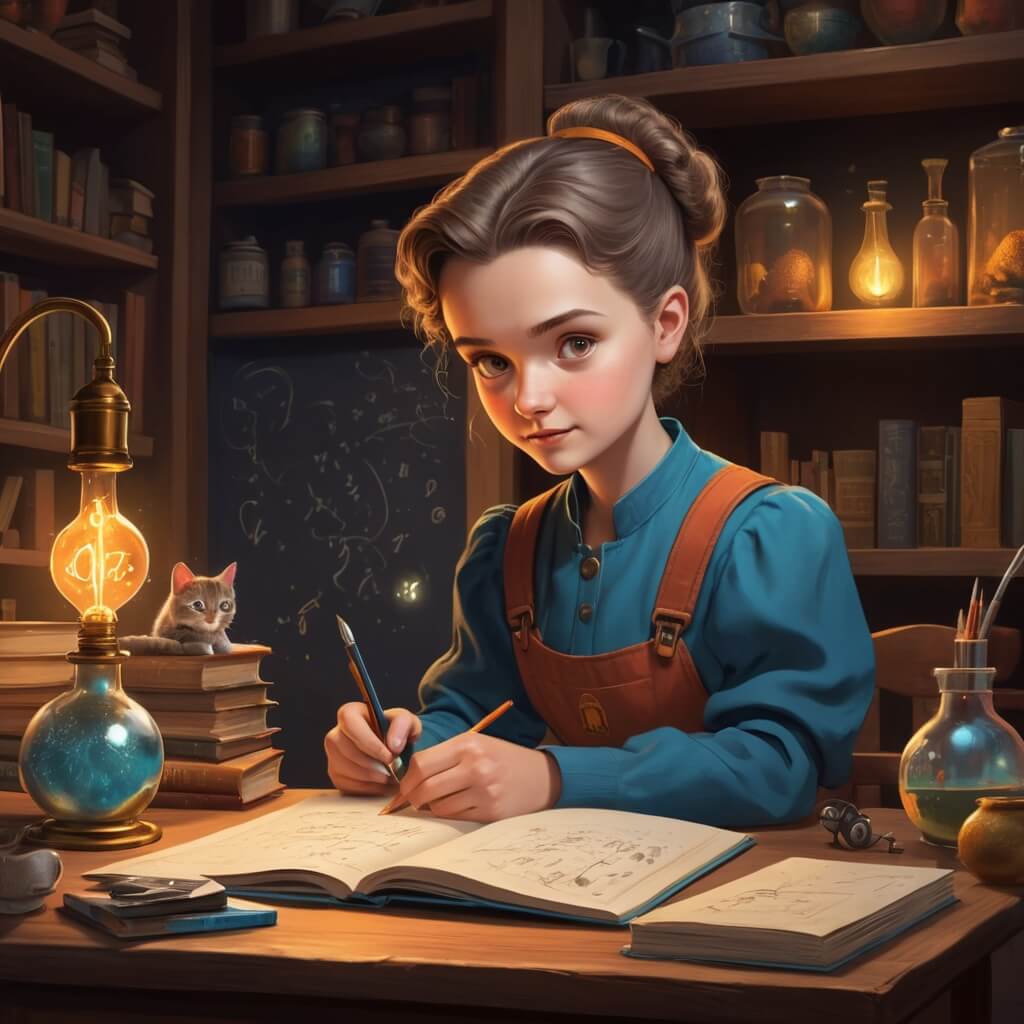
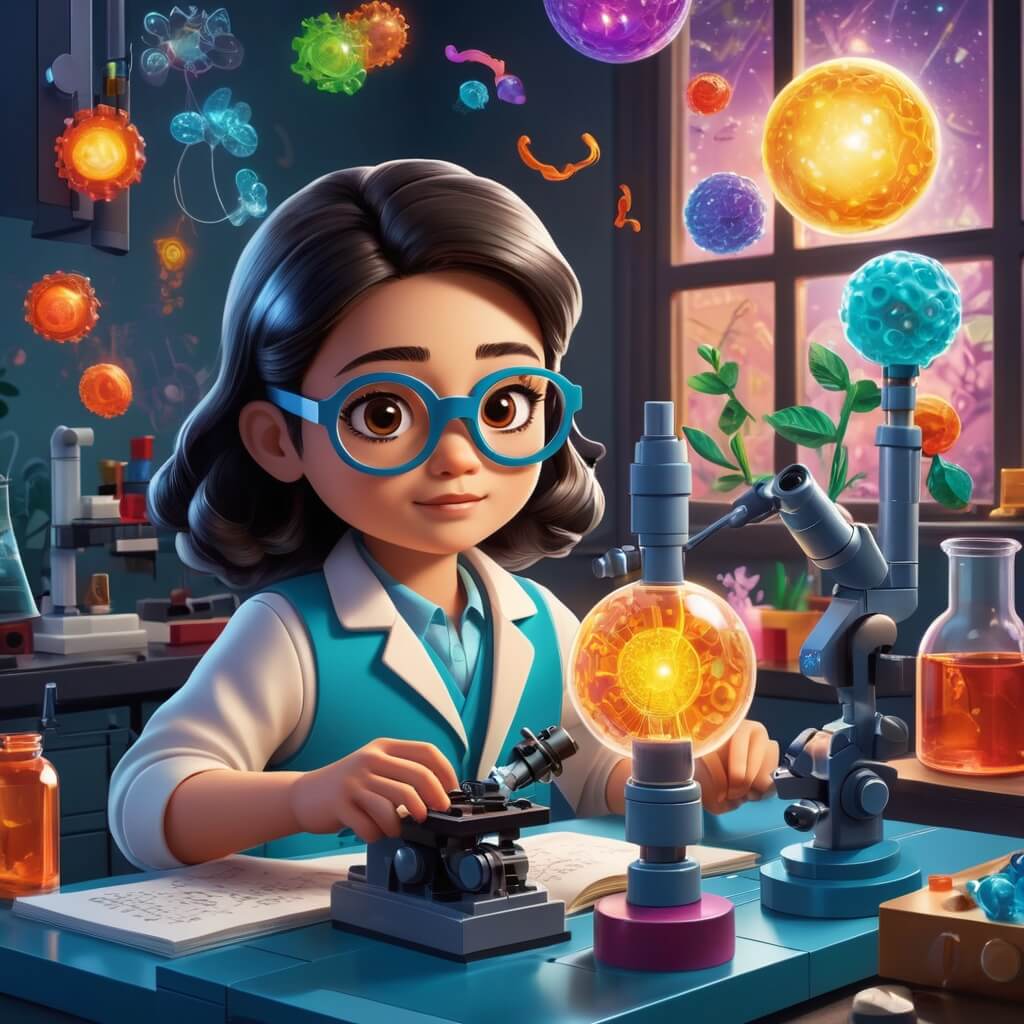
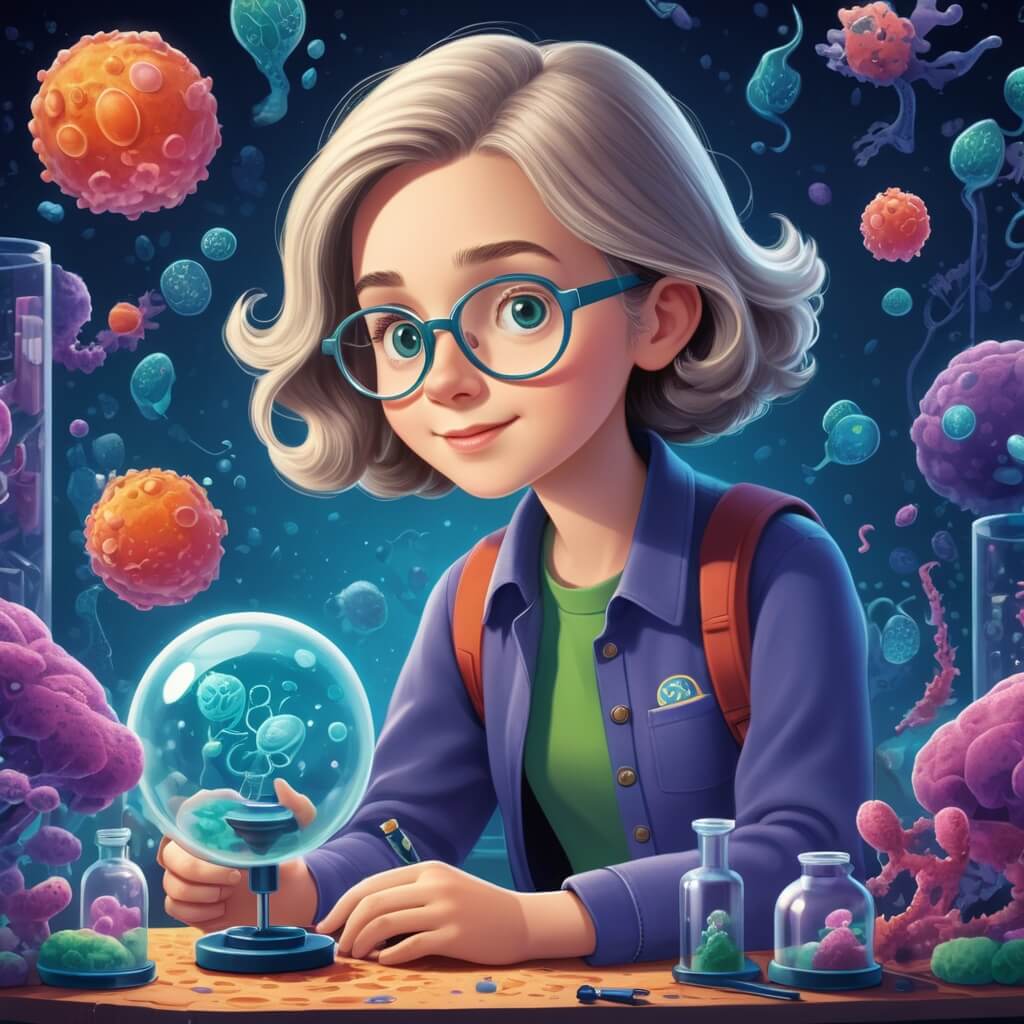
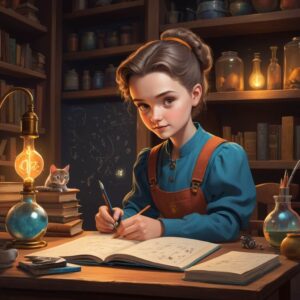
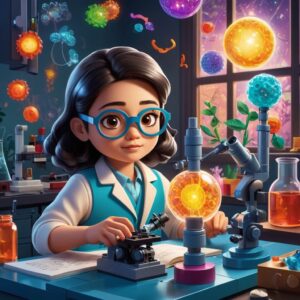
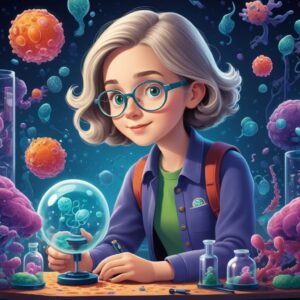
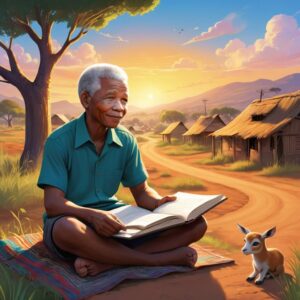
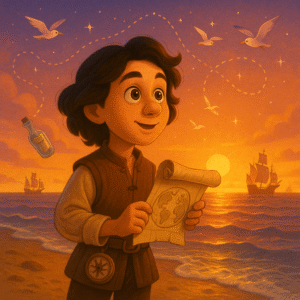
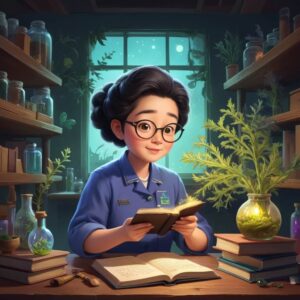
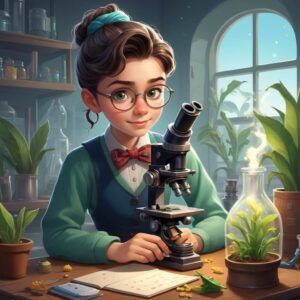
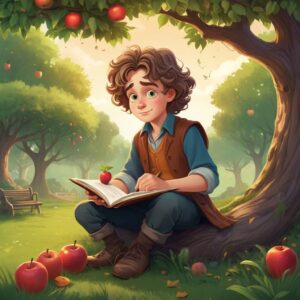
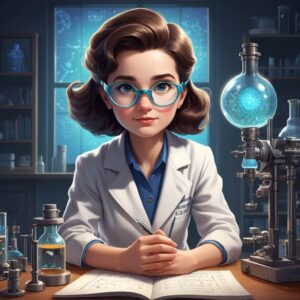
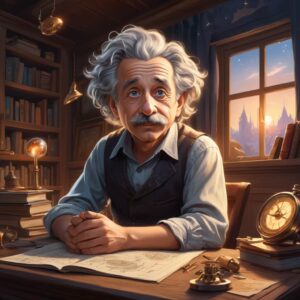
Post Comment